Manhã de Carnaval
Manhã de Carnaval (m. Luiz Bonfá, w. Antônio Maria)
How to pronounce “Manhã” in Portuguese
Wikipedia:
Manhã de Carnaval (“Morning of Carnival”), is the title of the most popular song by Brazilian composers Luiz Bonfá and Antonio Maria. It appeared in the 1959 Portuguese-language film Orfeu Negro (Black Orpheus), by French director Marcel Camus and based on a play by Vinícius de Moraes. Particularly in the USA, the song is considered to be one of the most important Brazilian Jazz/Bossa songs that helped establish the Bossa Nova movement in the late 1950s. Manhã de Carnaval has become a jazz standard in the USA, while it is still performed regularly by a wide variety of musicians around the world in its vocalized version or just as an instrumental one.
The Adaptation Tree (from Second Hand Songs)
- Manhã de Carnaval written by Luiz Bonfá, Antônio Maria Araújo de Morais – Portuguese
- Carnival written by Hugo E. Peretti, Luigi Creatore, George David Weiss – English
- A Day in the Life of a Fool written by Carl Sigman – English
- Yön väistyessä written by Sauvo Puhtila – Finnish
- La chanson d’Orphée written by François Llenas – French
- Das Glück kam zu mir wie ein Traum written by Ernst Bader, Hans Ewer – German
- La canzone di Orfeo written by Mario Panzeri – Italian
- Mañana de Carnaval written by Jesús María Arozamena Berastegui – Spanish
International Lyrics Playground has five sets of lyrics: the original Portuguese, as well as English (2), French and Italian versions.
_________________________
Agostinho dos Santos dubbing the singing voice of the actor Breno Mello, in the 1959 film Orfeu Negro (Black Orpheus), with guitar accompaniment by Roberto Menescal
.
Agostinho dos Santos with Henrique Simonetti e sua Orquestra — from the 1959 LP Inimitável, RGE XRLP 5057; also issued as a single on the RGE label, backed with “A Felicidade,” 1959
.
Elizete Cardoso dubbing for actress Marpessa Dawn (Eurydice), accompanied by Luiz Bonfá on guitar — from the soundtrack album Orfeu Negro – Bande Originale du Film de Marcel Camus, Fontana 812 473 1, released in 1959
.
João Gilberto — released in July 1959(?)* on the EP João Gilberto cantando as musicás do filme Orfeo do Carnaval, Odeon (Brazil) BWB 1092; also included in the 1988 collection of early recordings, O Mito
.
Gerry Mulligan – recorded at Nola’s Penthouse Sound Studios, NYC, 3 October 1963 — Art Farmer (flh) Bob Brookmeyer (vtb) Gerry Mulligan (bars, arr) Jim Hall (g) Bill Crow (b) Dave Bailey (d) — released on the album Night Lights (1963) where the track is listed as Morning Of The Carnival.
.
Eddie Palmieri – from his LP Mozambique, 1965 — musicians include: Eddie Palmieri (piano), Ismael Quintana (voice-box), Manny Ocquendo (timbales)
.
Astrud Gilberto – from her 1965 album The Shadow of Your Smile, arranged by Don Sebesky, Claus Ogerman and João Donato
.
Perry Como originally recorded the song under the title Carnival for his 1963 album Songs That I Love. This version had an English lyric written by George David Weiss, Hugo Peretti, and Luigi Creatore. Como recorded the same English lyric version again a few years later, but this time it was released under the original Portuguese title on the 1966 album Lightly Latin.
Carl Sigman later wrote a different English lyric titled “A Day in the Life of a Fool,” which resembled the original lyric not at all in translation, using a different theme entirely. It seems to have been recorded more often than the earlier English version. Among vocalists who recorded “A Day in the Life of a Fool” are Frank Sinatra, and Jack Jones.
Perry Como — from the 1966 album Lightly Latin
.
Baden Powell de Aquino — Saärbrucken, Germany, 1970
.
Nara Leão – date unknown
.
Larry Coryell, Andy Summers & Trilok Gurtu — 18 July 1996, Pori Fazz Festival, Pori, Finland
(audio only)
.
Raíssa Amaral – 2008
________________________________________
Finnish
Yön väistyessä — teksti: Sauvo Puhtila
Anki — from her 1967 album Sateen jälkeen (After the Rain)
_________________________________________
French
La chanson d’Orphée — texte: François Llenas
Dalida — issued in July 1959 on the EP (France) Barclay 70271, and in September 1959 on the promo single (FR) Barclay 60163, as the B-side of “Love in Portofino (A San Cristina)”
.
Dalida — live, 1966(?)
_____________________________________________
Italian
La canzone di Orfeo — testo: Mario Panzeri
Caterina Valente – 1960
.
Marisa Sannia – 1970
.
Orietta Berti – 1975
__________________________________________
Spanish
Mañana de Carnaval — texto: Jesús María Arozamena Berastegui
Luis Miguel – 1997
.
Vicki Carr
Originally recorded for her 1967 album Intimate Excitement, arranged and conducted by Marty Paich. I don’t know if she used the words written by Arozamena Berastegui. Second Hand Songs lists only Luis Miguel as a performer of that lyric version.
Live, date unknown
_________________
Samba de Orfeu (m. Luiz Bonfá, w. Antônio Maria) – from the final scene of Orfeu Negro: Play and make the sun rise!
_________________________
* Disagreement on the release date of the EP João Gilberto cantando as musicás do filme Orfeo do Carnaval, Odeon (Brazil) BWB 1092:
- Discogs — 2 July 1959
- Second Hand Songs — July 1959
- The João Gilberto Discography (at JoãoGilbert.org), by Laura Pelner McCarthy gives 2 July 1959 as the recording date, and apparently 1962 as the year of its release in Brazil





























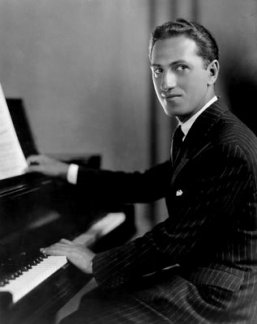

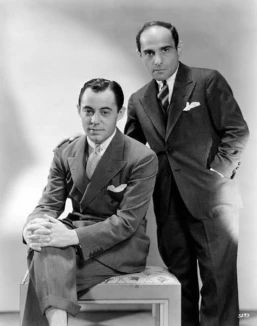

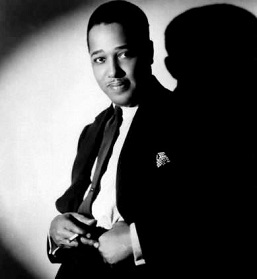


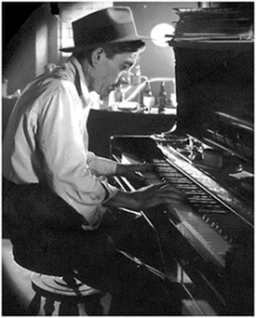
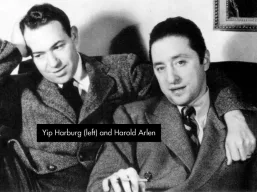
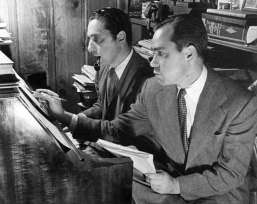



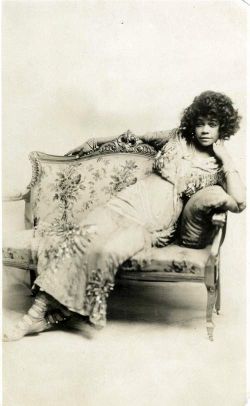





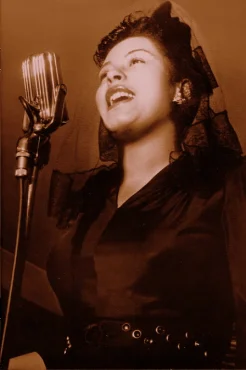




Jun 04, 2013 @ 03:51:04
Here’s some trivia Ruy Castro reports in his gorgeous book “Bossa Nova: The Story of the Brazilian Music That Seduced the World”:
Luiz Bonfá was about to travel to the USA and had no time to write something new. So, he picked two compositions already existing without lyrics to show them to Marcel Camus but he was not at all enthusiastic about the songs. After some back and forth, Antônio Maria was asked to add lyrics to “Manhã de Carnaval” and “Samba do Orfeu”.
But, who should dub the actors? Marpessa Dawn did not speak Portuguese and Breno Mello was not a singer, actually, not even an actor, only a handsome athlete. Dawn’s dubbing voice was decided quickly as Elizete Cardoso who was Vinícius de Moraes’ darling after her recent album “Canção do Amor Demais”. (She was uncredited for her singing just like Agostinho dos Santos for dubbing Breno Mello)
João Gilberto was eagerly expecting to get the vocal part but his voice was considered not “black” enough, that’s why Agostinho dos Santos got the job. But Gilberto could not accept the decision—after the movie got international recognition, he recorded his own versions of ‘Manhã de Carnaval’, ‘O Nosso Amor’, ‘A Felicidade’ and “Frevo” on his EP “João Gilberto Cantando as Musicás do Filme Orfeo do Carnaval” (with chorus and musical direction by Antônio Carlos Jobim) which became one of Brazil’s most successful records in 1959. (The version you present above is from that EP.)
Best regards
AD
P.S.: I stumbled upon your site and what a treasure trove it is! I hope you don’t mind me linking you in my blogroll.
LikeLike
Jun 05, 2013 @ 03:17:42
AD,
Yes, of course you may link me. It is my honor to be asked. And I have already added a link to you in my “friends” page, and in the “Music of Brazil” sidebar link list. Your site looks familiar. I believe I visited more than once two or three years ago, while busy building another site, on Bossa Nova, Tropicália, and early MPB.
Had forgotten about that João Gilberto EP, but his being dissatisfied with the film version sounds in character, fitting. Plan to spend some time on your site very soon. Love the extra large, hi quality images. That’s the way it’s done.
Warm regards,
doc
LikeLike